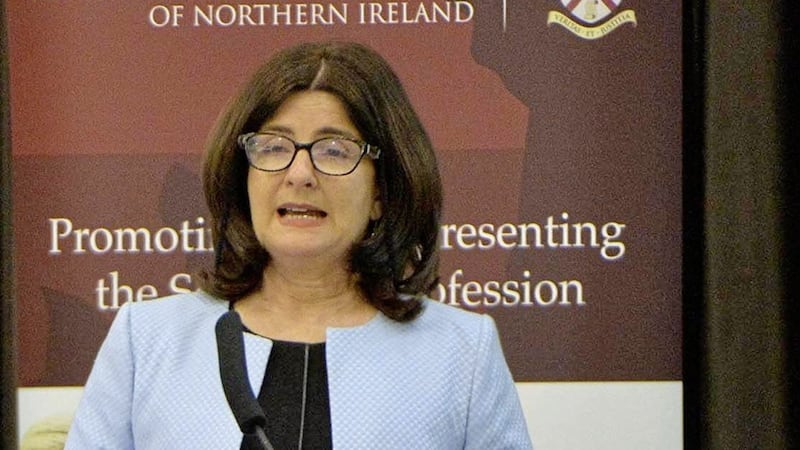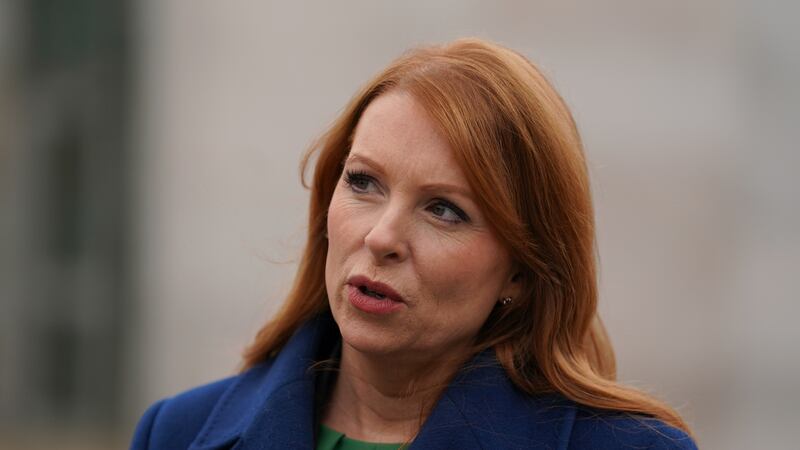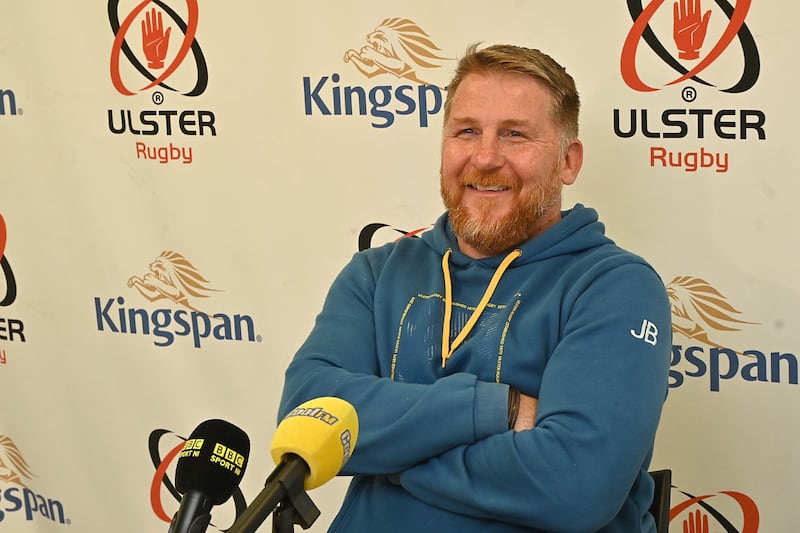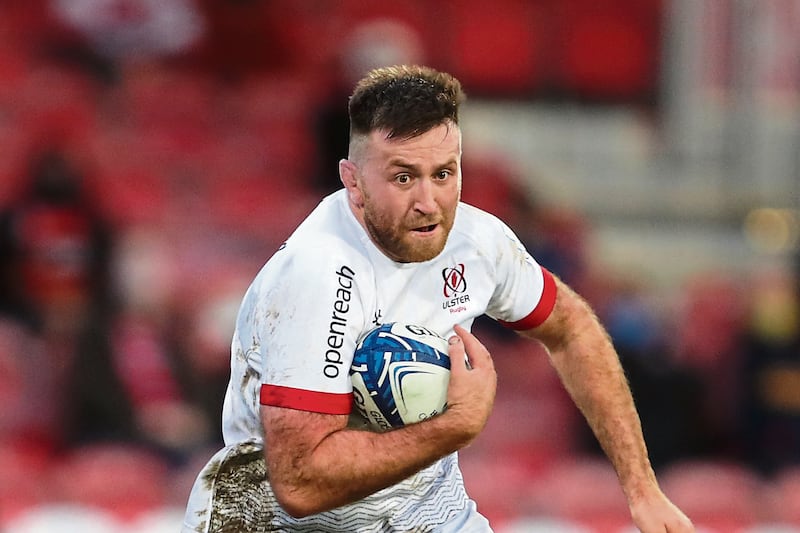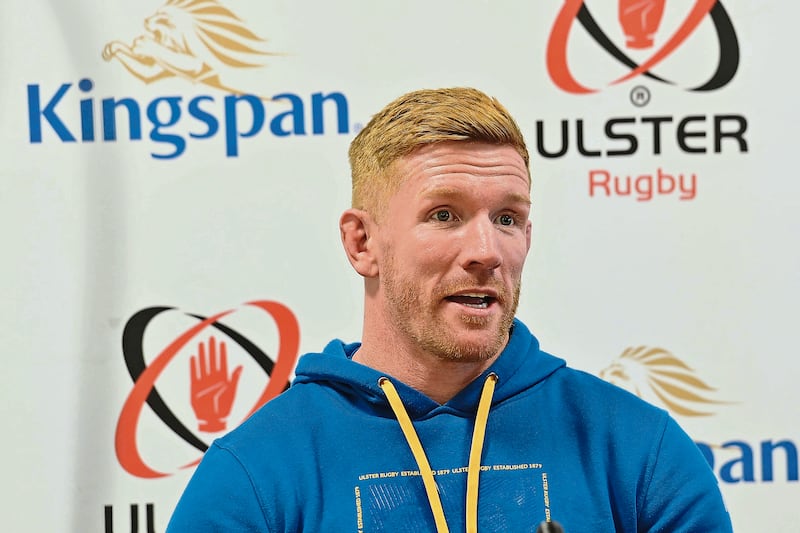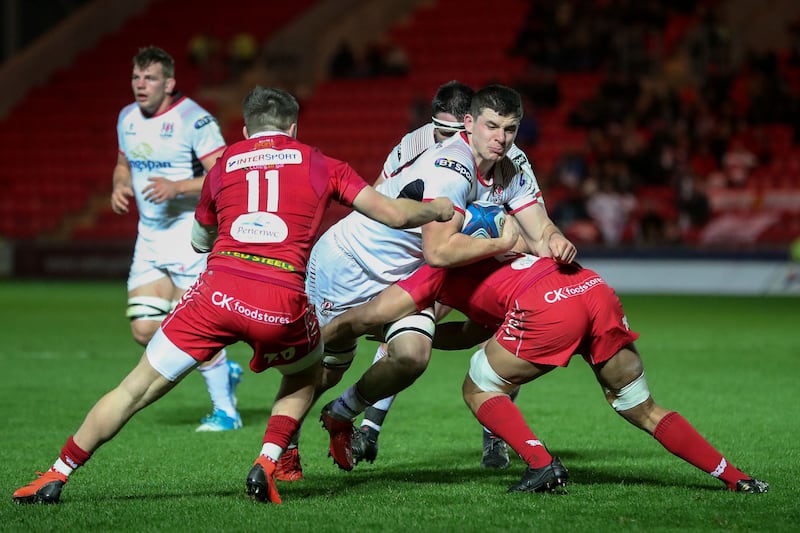LAWYERS must consider `the court of public morals' when conducting rape cases unless a change in law grants defendants anonymity to defendants, a leading advocacy trainer has warned.
A review of how serious sexual crimes are handled, led by the Department of Justice, is expected to begin within days.
It follows a public outcry after the nine-week Ulster Rugby rape trial which ended in the acquittal of Ireland internationals Paddy Jackson and Stuart Olding.
Victim groups wrote to the department and Lord Chief Justice Sir Declan Morgan demanding reform.
It is understood the independent review will be led by a judge and supported by an advisory team of experts, who will report to the Criminal Justice Board early next year.
Among the issues to be examined is whether anonymity should be extended to defendants, as happens in the Republic and the level of support for those involved in cases.
Fiona Donnelly, solicitor and senior QUB lecturer, who is an internationally recognised advocacy trainer, said at present there is no anonymity for defendants meaning "lawyers need to think outside the court and view the case through the lens of the public, in case there is a second `trial' by the public".
"The reaction on the steps of the court, the gender make-up of the defence legal teams, the language used in the trial are some of the things that may gain significance after the case," she said.
"In addition to establishing their client's case in court effort has to be put into establishing and maintaining goodwill outside of the court particularly where the parties involved have a public profile."
She said, in the age of social media, additional anonymity would go some way to protect the complainants in rape cases.
"I was at a talk at the International Society of Barristers this week in London and the former Lord Chief Justice of England and Wales Lord Judge expressed concern at damage done to trial by jury as they are bombarded by social media," she said.
"If the parties were all anonymous this would remove the huge and voyeuristic social media interest and make the job of the juror which is a very onerous and serious one, easier.
"The judge quite rightly constantly reminded them in the recent rape trial that they must make their decision on the evidence they hear in court but in some case like the recent one it was almost impossible to avoid the social media coverage.
"The judge quite rightly said it is not a court of public morals however what we saw afterwards was like a second trial by that very court of public morals.
"Again if you adopt the position in the republic then those acquitted remain anonymous and the second judgement does not come."
But, Ms Donnelly warned any argument for anonymity for all parties "must be placed in the context of open justice and justice being seen to be done".
"The healthy debate that is now taking place about possible changes to the legal system would not be happening if trials were not held in public," she said.
